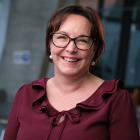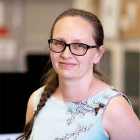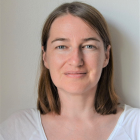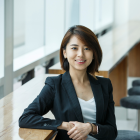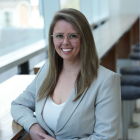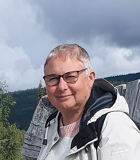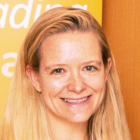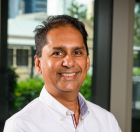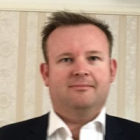Practitioner Workshops are hands-on 1 hour sessions that highlight the perspectives and strategies of teaching staff at UNSW in the collegial environment of the Teaching Commons. Each session will introduce you to ideas for effective teaching and offer opportunities for hands-on interaction exploring how you can apply these strategies to your teaching context. The series will open with sessions run by many different academics and staff members from across faculties.
Open to all teaching and education support staff participants often include academic staff, educational developers and technologists and Casual Academic staff. Don't forget to check out the Lightning Workshop series and Inclusive Teaching Workshop series for further opportunities.
Staff are asked to bring with them resources relevant to each session such as their course outline, a learning activity and the highest weighted assessment they are currently using in the course or an assessment they have identified an issue with.
Please review the sessions below, select those that suit your schedule and complete the registration. You are welcome to register for as many sessions as you would like.
All sessions are held in the Teaching Commons in a hybrid format unless otherwise noted.
Term 1 2024 Session Schedule
- 12.30pm Wednesday 14 February - Supporting Twice Exceptional Students
- Presented by Dr Geraldine Townend (ADA)
- 12pm Tuesday 27 February - Designing Stack Questions
- Presented by Prof. Elizabeth Angstmann (Science)
- 2pm Tuesday 27 February - Transparency in Learning & Teaching (TiLT)
- Presented by Katrina Blazek (Medicine & Health)
- 2pm Tuesday 12 March - The Sandbox Approach to Large-scale Industry Learning: Empowering Learners and Solving Global Challenges
- Presented by A/Prof. Yenni Tim (Business)
- 1pm Wednesday 20 March - Empowering Students to Learn through Failure
- Presented by Dr Kelsey Burton (Business)
- 2pm Tuesday 26 March - Team-Based Learning and E-Portfolios
- Presented by Valerie Combe-Germes (ADA)
- 1pm Monday 8 April - Beyond the Presentation: Designing and Implementing Oral Assessment
- Presented by Meredith MacAulay (ADA) & Dr Pranit Anand (Business)
- 11am Tuesday 9 April - Empowering Students Learning Through Responsible Use of AI in Learning and Assessments
- Presented by Dr Andrew Dymock (Business)
